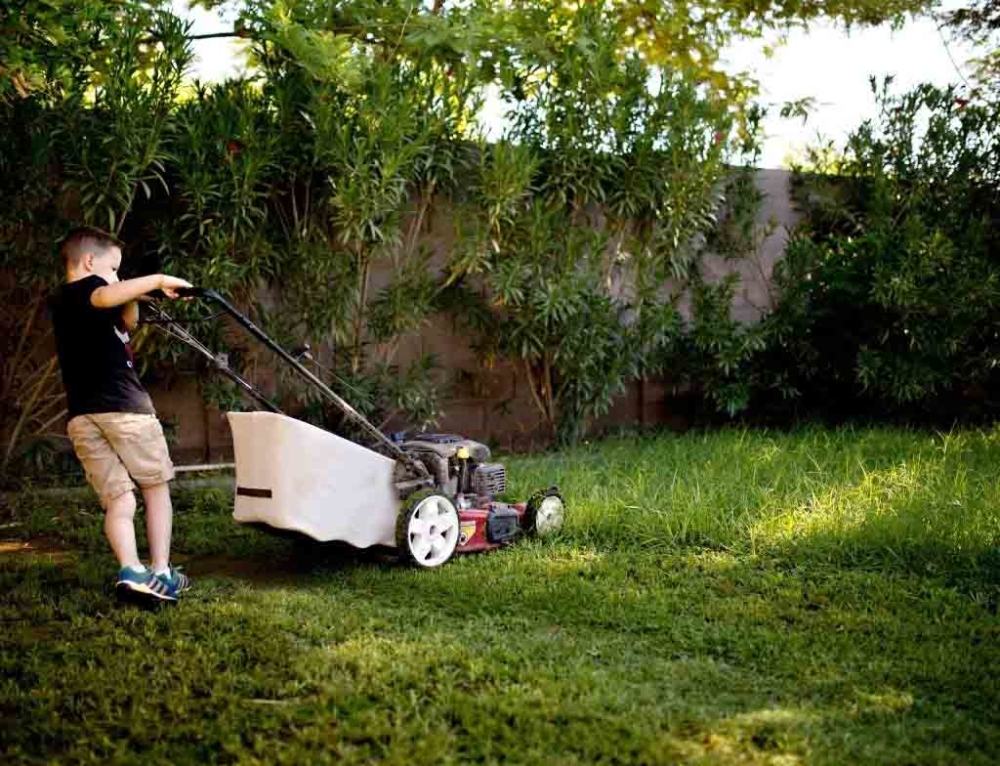Sexting usually refers to taking nude (or semi-nude) photos or videos that are intentionally provocative or sexual and sending the pictures via mobile phone or internet. However, it can also include written messags with a sexual nature. Both adults and teens sext.
How often does sexting occur?
In 2013, research in Australia revealed that an estimated 4 percent of teens (aged 12-17) had sent “sexually suggestive nude or nearly nude images of themselves to someone else via text messaging”, and 15 percent said they had received such messages. However, a new report from the Journal of the American Medical Association, analyzing research conducted between 2009 and 2016, indicates that 15% of teens have sent a sext and 27% have received one. Obviously these reports are from opposite sides of the world, but in reality, New Zealand and Australia don’t tend to be that far removed from the social media tendencies and influences that Americans are exposed to.
What are the consequences of sexting?
The primary concern centres around harm to the reputations (particularly for girls) who are involved in sexting. There is a very real threat that when adolescent relationships break down (as most inevitably will), private images may be shared widely and publicly as an attempt to exact revenge on the scorned lover. A study by technology security company McAfee found that the sharing of private images is rampant once relationships rupture. A further concern is that images can be accessed by those with disturbing motives.
However, as discussed by Forbes magazine in their article, That Teen Sexting Study: What Else You Need To Know Before Freaking Out, the most recent research tends to lead to more questions than it does to answers. How many of these teens are in long-term relationships and use sexting as a modern day flirtation? Is sexting actually keeping our teens from taking part in more risky sexual behaviours or is it an indication that they have already taken that step? How prevalent is sexting among tweens who may be more vulnerable to having sexts forwarded without consent due to the nature of their short-term relationships?
How do I talk to my teen about this?
What to focus on with teens around sexting issues:
- You need to know how your teen feels about this issue. How do you find out? You can read research reports and you can ask your teen yourself. You may find that they think it’s normal to send pictures, it develops trust in a relationship, and they feel that as long as it’s consensual, everything’s fine.
- Start the conversation early and use examples appropriate for their age.
- When talking with your teen about the issue ask questions – and lots of them. Ask about experiences their friends have had with sexting. Find out whether they feel private images of their own might be shared if they ever sent them. Ask them how they would feel if things got out of hand, and if their image ended up being shared. Find out what they would do if someone posted the link to social media.
- Remind them of their self worth. Discuss that being pressured into sexting is not OK and it is not an appropriate way to “prove” your feelings towards someone.
Sexting solutions
If you discover sexts in your child’s phone or email, you simply have to have that talk. Launching a scare campaign, confiscating devices, or threatening consequences will generally drive sexting behaviour underground. Instead, discussions like those outlined above, emphasising consequences of breaches of trust, legal consequences, digital reputation (and real reputation) are more likely to impact on behaviour – particularly if your skilled questioning and listening allows your teen to develop answers him or herself.
There are some practical things you should encourage your teen to do as well:
- STOP. It really is dangerous.
- Remove any and all risqué pictures from all devices.
- Communicate with others who have images of you and ask them to remove them. (Do it digitally so there is evidence of the request.)
- Google yourself from time to time to make sure you’re not showing up anywhere you shouldn’t in ways you shouldn’t.
Wrap up
It only takes a few seconds to create an image that gets shared enough to ruin a reputation. Talk with your teen about it.
Content is based on an article originally posted by Dr Justin Coulson for Kidspot.com.au, with editing by Kidspot NZ.







My daughters are still quite young, but I already talk to them about this stuff. Recently I was telling them about nude photos and them being sent between phones, and what could happen to the photos. They are still young enough to think that it’s totally gross to be sending nude photos for any reason. Personally, hope they hold onto that thinking ha ha. But I have been a teenager once, and while I was always too scared to do something like that (sensible head) I know the pressure that you can get from outside to do these things too.
I think technology is very scary these days as especially once they send something you don’t know where it will end up. We are trying to have very open conversations with our children around phones and iPads and to be careful what they send others as it is not ok to send nude pictures at all I do hope they will listen to what we say. This article has some great information for all parents
It happens before you know it, my now 23 year old was texting late at night one night about 10 years ago (she a
was about 13), we caught her and took her phone. We looked at the messages and discovered that she was talking to and older boy who was asking her for nudes!! Luckily she didn’t have a camera on her phone, after we talked to her about it she said that she wouldn’t have sent them but it’s hard to say if that’s true. Its scary and kids are often too trusting especially if the boy is ‘cute’ and is ‘really nice’ to them
Scary! I really hate social media and phones sometimes…………I will definitely be talking openly to my daughter when she gets to an age of cellphones and internet as it’s far too dangerous, kids need to be aware of the dangers
In this day and age it is so important to be extra vigilant with our children around cyber safety. Our son does not have his own phone or device but we are mindful of future conversations we will need to have with him to keep him safe.
My children are still very young, but the way technology is going this is quite scarey to think there will come aday when my child may be pressured into doing something like this. Communication is the key. Just got to drum it in that once they post an image out there then its out of their control what is done with it. Some good advice in this article.